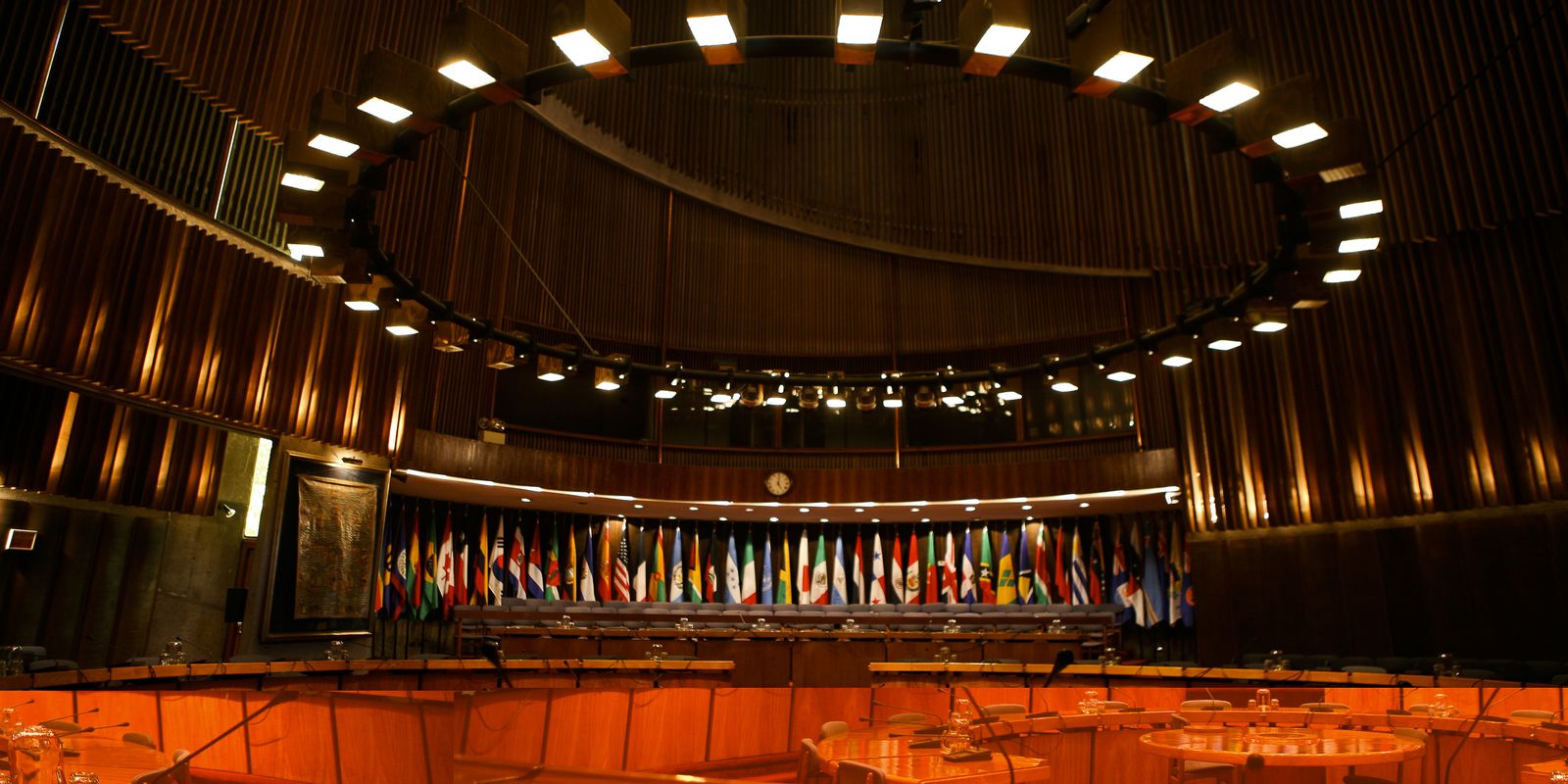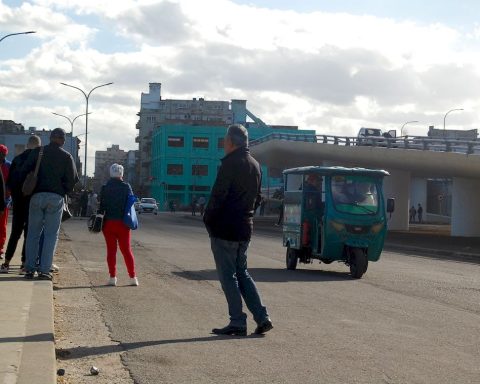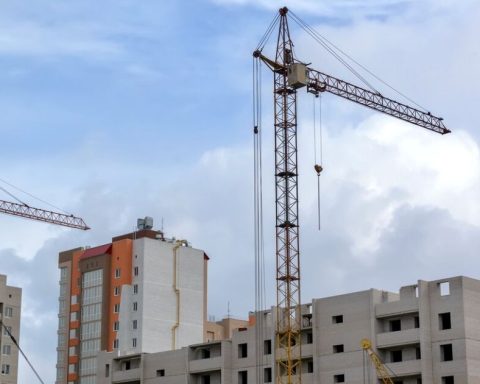The Brazilian economy is expected to grow more than initially expected this year, but it will slow down from next year, announced today (19) the Economic Commission for Latin America and the Caribbean (ECLAC). This year, the Gross Domestic Product (GDP, sum of goods and services produced in the country) will grow 2.6%, against a previous estimate of 1.6%. In 2023, Brazil is expected to grow 1%, at the same pace as Argentina.
One of the United Nations’ five regional economic commissions, ECLAC revised its 2022 projections for the Latin American and Caribbean economies, presented in August, and released estimates for 2023. The region’s economy will expand by 3.2% this year. , against a previous forecast of 2.7%. For 2023, growth will be just 1.4%.
According to ECLAC estimates, the growth of the Brazilian economy will be below the regional average next year. In South America, Brazil is only expected to perform better than Chile, whose economy is expected to expand by 0.9% next year.
Factors
According to ECLAC, two factors will contribute to the economic slowdown in Latin America and the Caribbean next year. The first is the war between Russia and Ukraine, which negatively affects global growth and accentuates pressures on inflation, volatility in the international market and financial costs.
The second factor responsible for harming the region’s economy is interest rate hikes by the central banks of advanced economies, which hamper the flow of capital to emerging countries. According to ECLAC, the monetary tightening in developed countries causes the devaluation of Latin American and Caribbean currencies and makes financing to countries in the region more expensive.
“Although it is expected that this process [aumento de juros] ends in 2023, as inflation expectations are anchored in several countries, the effects of this restrictive policy on private consumption and investment will be present”, highlighted ECLAC in a statement.
distinct effects
Some regions of the continent will be affected in different ways. South America should feel the effects of the slowdown in the Chinese economy, the main trading partner of most countries in the region, and the drop in income caused by inflation.
Central America and Mexico will feel the effects of the low dynamism of the United States, which would affect exports. The drop or stagnation of remittances from emigrants living in North American territory will harm private consumption, but an eventual drop in the price of commodities (primary goods with international quotation) would benefit countries that are major importers of food and energy.
Regarding the Caribbean, ECLAC points out that inflation has not only affected income and consumption. According to the agency, the rise in production costs harmed tourism and reduced the competitiveness of exports.

















